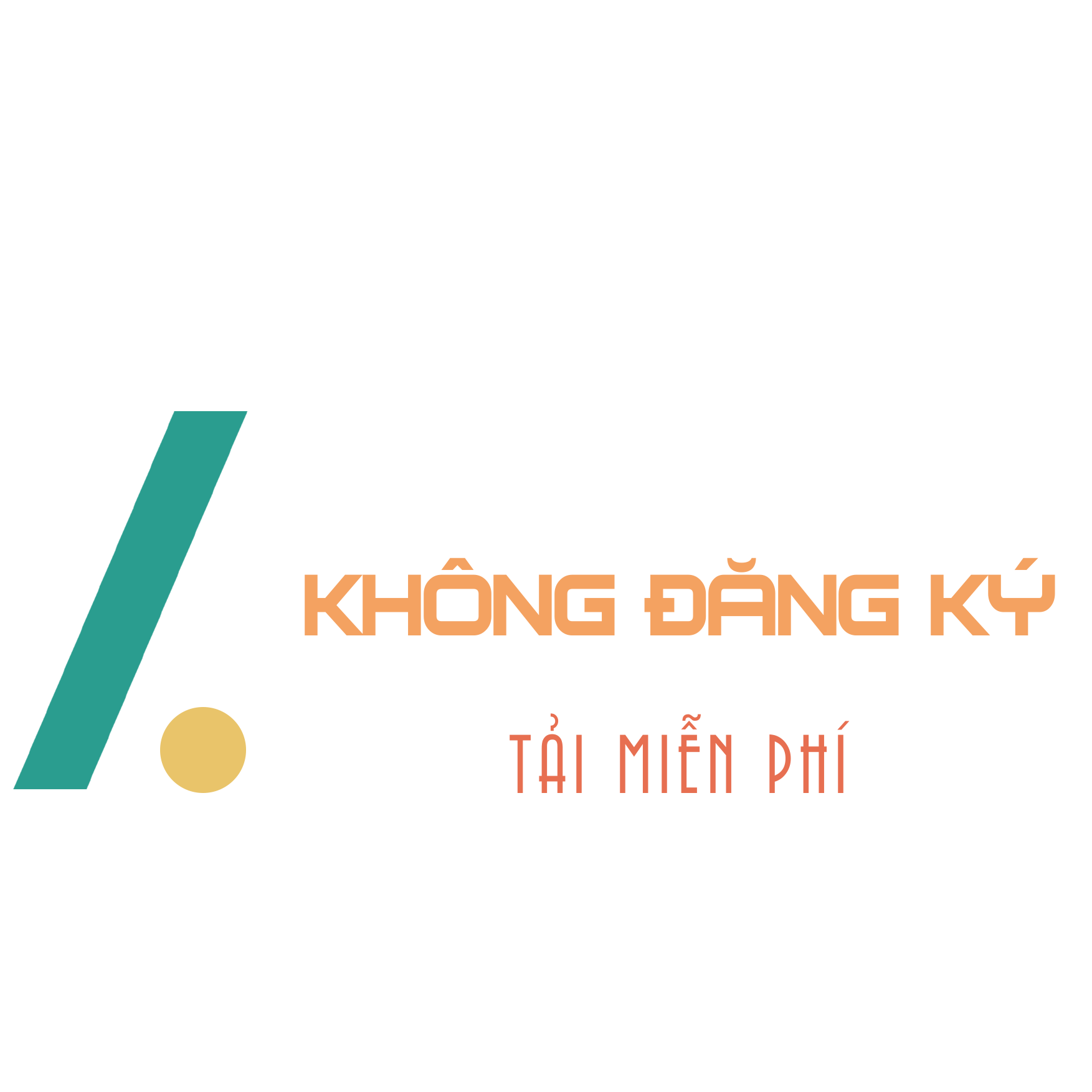ĐỀ CHUẨN MINH HỌA SỐ 34
(Đề thi có 05 trang)
KỲ THI TỐT NGHIỆP TRUNG HỌC PHỔ THÔNG NĂM 2022
Bài thi: NGOẠI NGỮ; Môn thi: TIẾNG ANH
Thời gian làm bài: 60 phút không kể thời gian phát đề
--------------------------
Họ, tên thí sinh:…………………………………………………………………………
Số báo danh:....................................................................................................................
Mark the letter A, B, C or D on the answer sheet to indicate the sentence that best combines each pair of
sentences in the following questions.
Question 1: Susan didn’t apply for the summer job in the café. She now regrets it.
A. Susan wishes that she applied for the summer job in the café.
B. Susan feels regret because she didn’t apply for the summer job in the café.
C. If only Susan didn’t apply for the summer job in the café.
D. Susan wishes that she had applied for the summer job in the café.
Question 2: He arrived in class. He realized he had forgotten his book on the bus.
A. No sooner had he realized he had forgotten his book on the bus than he arrived in class.
B. Had he arrived in class, he would have realized he had forgotten his book on the bus.
C. Only after he had realized he had forgotten his book on the bus did he arrive in class.
D. Not until he arrived in class did he realize he had forgotten his book on the bus.
Read the following passage and mark the letter A, B, C or D on your answer sheet to indicate the correct
answer to each of the questions.
Culture is a word in common use with complex meanings, and is derived, like the term broadcasting, from
the treatment and care of the soil and of what grows on it. It is directly related to cultivation and the adjectives
cultural and cultured are part of the same verbal complex. A person of culture has identifiable attributes,
among them a knowledge of and interest in the arts, literature, and music. Yet the word culture does not refer
solely to such knowledge and interest nor, indeed, to education. At least from the 19th century onwards, under
the influence of anthropologists and sociologists, the word culture has come to be used generally both in the
singular and the plural (cultures) to refer to a whole way of life of people, including their customs, laws,
conventions, and values.
Distinctions have consequently been drawn between primitive and advanced culture and cultures, between
elite and popular culture, between popular and mass culture, and most recently between national and global
cultures. Distinctions have been drawn too between culture and civilization; the latter is a word derived not, like
culture or agriculture, from the soil, but from the city. The two words are sometimes treated as synonymous. Yet
this is misleading. While civilization and barbarism are pitted against each other in what seems to be a perpetual
behavioural pattern, the use of the word culture has been strongly influenced by conceptions of evolution in the
19th century and of development in the 20th century. Cultures evolve or develop. They are not static. They
have twists and turns. Styles change. So do fashions. There are cultural processes. What, for example, the word
cultured means has changed substantially since the study of classical (that is, Greek and Roman) literature,
philosophy, and history ceased in the 20th century to be central to school and university education. No single
alternative focus emerged, although with computers has come electronic culture, affecting kinds of study, and
most recently digital culture. As cultures express themselves in new forms not everything gets better or more
civilized.
The multiplicity of meanings attached to the word made and will make it difficult to define. There is no
single, unproblematic definition, although many attempts have been made to establish one. The only non-


